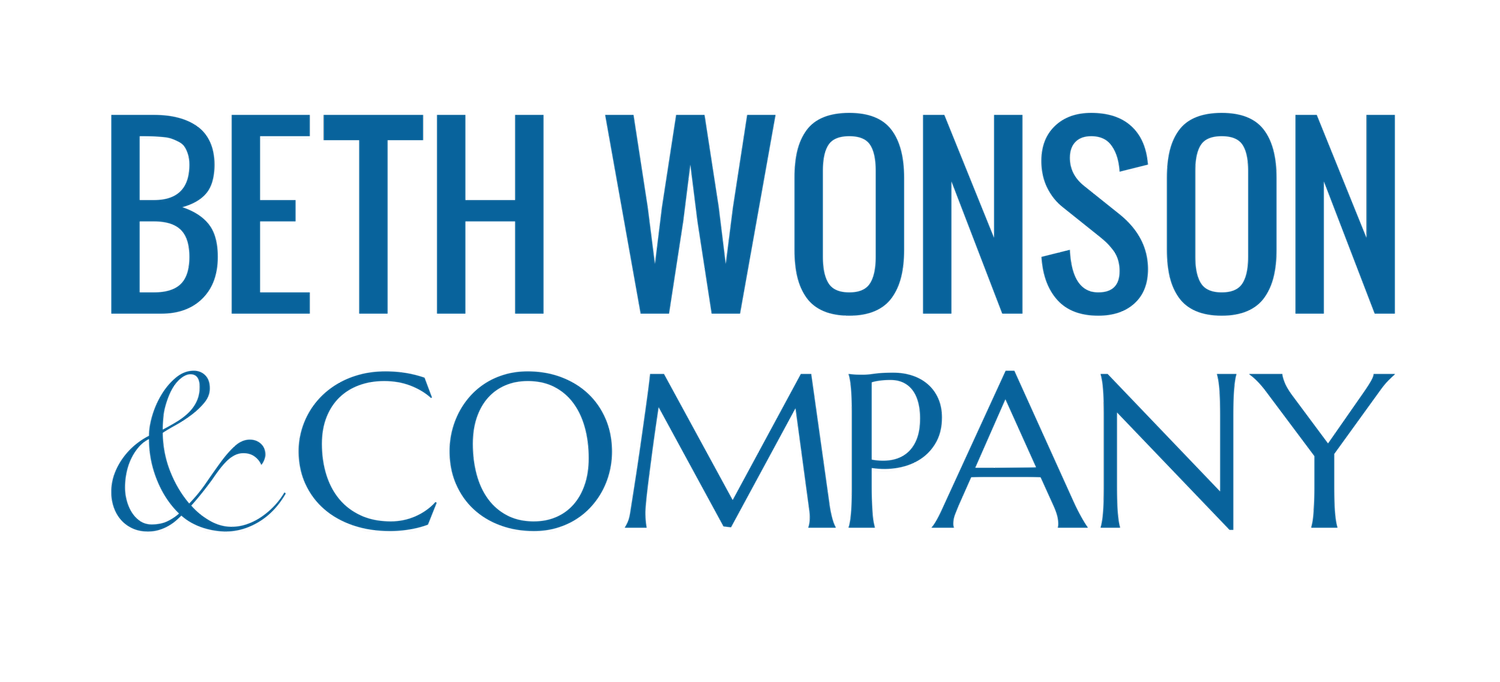Managing is Nuanced
A client, who is new to managing people, is in the process of completing a required new manager training.
He came to our session with an inquiry about what he’s learning. The lesson he just completed focused on how involving employees in decision making can be empowering and lead to deeper engagement in the work.
“I’m wondering if I’m failing my staff by not allowing them to be involved in setting deadlines on projects,” he wondered.
“Hmm. Say more”, I said.
“The projects we work on are tied to deadlines set outside of our department so I just notify people of the deadlines. I don’t engage them in a conversation about them because they are fixed. Based on what I’m learning, it seems that I might be dampening engagement and I don’t want to do that.”
“What risks are there in giving them the freedom to select the deadline?”
“Well, they could set unrealistic deadlines. I have to review their work and sometimes edit it before it is passed onto the next level. I need appropriate time for that. And these deadlines are fixed. They aren’t set by me or even my supervisor”, he responded.
Here’s the deal
One-size-fits-all trainings like the one that he’s required to take can’t possibly delve into the nuances.
The learner who doesn’t have a lot of experience managing people and workflows can hear a concept like the one mentioned above and think they need to apply it with a broad brush.
“Does the IRS empower you to determine when you file your taxes?” I asked.
“Uhm, no.”
“That’s a hard deadline. Is the specific work that you are talking about a hard deadline?”
“Absolutely.”
“Okay, where within the workflow are there deadlines that aren’t hard? Where within a specific set of parameters, can they determine not just the when, but how they succeed in completing the work?” I asked.
Together we brainstormed a few options. He quickly began to see the nuances and discovered a multitude of ways he can increase engagement by handing over decision making in places where it is realistic and appropriate.
Successful people management is about understanding nuances.
And while on-size fits all training can be beneficial for things like policies and procedures, new managers need the support of someone who has a wealth of context and experience.
Had this manager continued with his thought process of empowering his staff to discuss deadlines that were already fixed, he’d be soon dealing with confusion, chaos, and even worse, a lack of trust.
Who in your organization could benefit from understanding the nuances of people management? Where in your organization are managers using too broad a brush?
